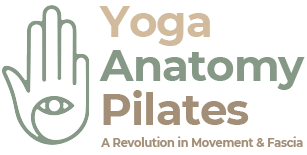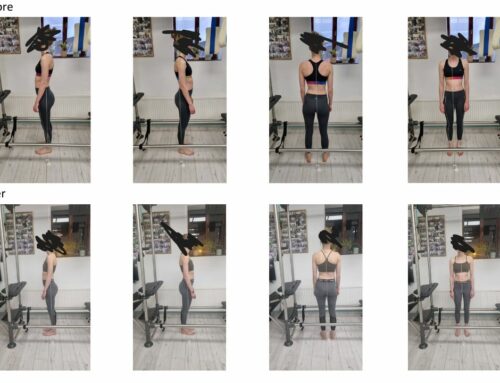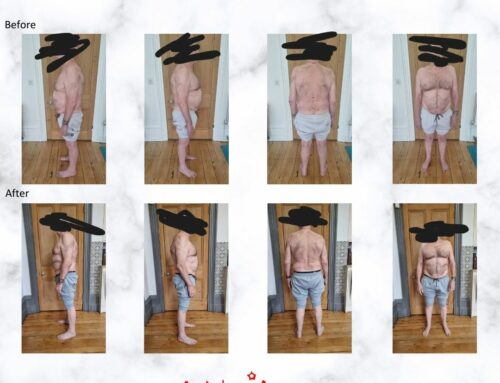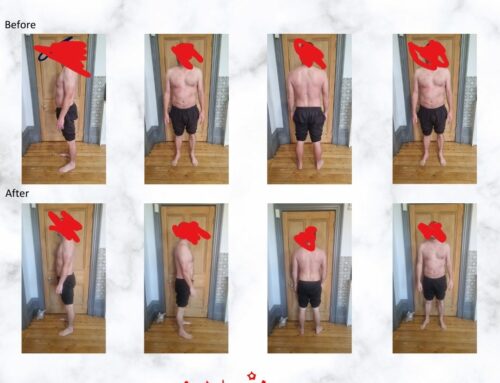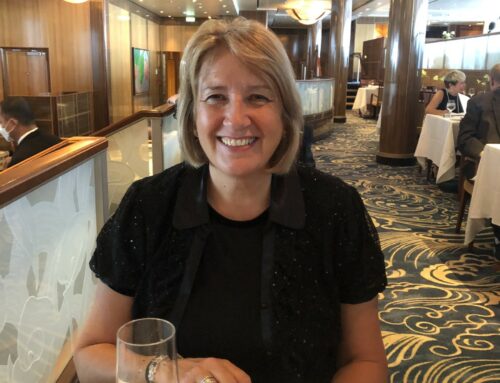What story are we holding onto….
“We all have our own story. And we stay attached to our story. This can stop us from growing and living. You want to make your life better? Change your story, change your life.” Tony Robbins
In all my 30 years plus of teaching I have encountered many stories. The plot points of your life become a narrative that can shape who you are—and is a fundamental part of being human.
This is the thing we all have a story, whether it’s physical, mental, emotional or spiritual. The danger is when we hold onto that story and let it rule our lives by the decisions that we make. We are all individual and everyone I meet is unique, the various stories that we tell ourselves come from our thinking brain. This interprets into the body physically, mentally, emotionally and spiritually. “A redirection of focus toward function beyond the pain, and awareness of how unconscious behavioral programming accounts for the majority of lifestyle habits and perceptions, may facilitate more effective outcomes. Other unconscious processes which are known to contribute to persistent pain, yet are still largely unacknowledged in musculoskeletal practice, are those involved in central sensitivity. A plethora of systemic and visceral conditions are known to contribute to central sensitivity yet are barely considered in typical clinical screening or management”. 1.
In fact, many of the stories have some VERY SIMILAR themes. Things like:
- “This happened TO me or was done TO me”
- “These are the events that caused me to struggle with depression, anxiety, guilt, shame, rage or a feeling of helplessness”
- “These events or people impacted my life negatively”
- “That event in my past shouldn’t have happened”
- “If only this had of happened, my life would have been better”
Although all the statements above are true. We have the ability to turn the situation around. In many cases, people have run this story so often in their own heads that it has become woven into the very fabric of who they are. We are only able to understand and interpret things from our own perspective and point of view, which we form based on our own life experiences. So, how do we know what someone else’s perspective may be? What do we know about their feelings?
It is already complicated to delve into the depths of our own minds and try to understand ourselves; how are going to know what the intentions and motivations of others are? How can we know how that person is experiencing a given situation? We spend half our life trying to figure others out, and almost the other half judging their behaviours, as if we did not have enough on our own minds already. I love showing people how to unravel that thread so that they begin to see a new perspective on their life and experiences. The process is actually quite simple but takes accountability.
I begin asking them a series of questions (through our four hour CHEK consult) that helps them to bring their perceptions into BALANCE.
In other words, to help get them to a place where they can find just as many upsides to any perceived downsides, or just as many downsides to any perceived upsides.
HERE’S WHY:
- The world around you can control you if you allow it. Many people run from the external world and blame things in their external world.
- There are 3 things you have control over: your PERCEPTIONS, your DECISIONS and your ACTIONS.
- An event is what you make it. If you choose to go by your first interpretation that it is ‘negative’ and you don’t take the time to find the upsides to it, it’s not because of the event, but because you’re choosing not to see the upsides to it. That’s your doing. It’s your PERCEPTION and has nothing to do with the world around you. This is not about accepting or forgiving the behaviour of an event that happened to you by a person, place or thing. It is about being able to deal with it so that it does not rule your everyday life choices and behaviour.
In other words, If you’re perceiving yourself to be frustrated and dissatisfied with your life, it has nothing to do with what happened out there or who did something to you. It has everything to do with how you INTERPRETED it.
For some people, this can be incredibly challenging to hear but I have yet to meet a person who has not had his or her own “breakthrough” when they’ve held themselves accountable to balance the mathematical equation of their perceptions and see the upside of what they at first perceived as a terrible or challenging event.
“This narrative becomes a form of identity, in which the things someone chooses to include in the story, and the way she tells it, can both reflect and shape who she is. A life story doesn’t just say what happened, it says why it was important, what it means for who the person is, for who they’ll become, and for what happens next.
Bibliography
1- Matt Wallden/Paul Chek PMID: 29861247, DOI: 10.1016/j.jbmt.2018.02.019
Paul Mort ‘Inner Circle’
Dr.John Martini – The breakthrough experience
